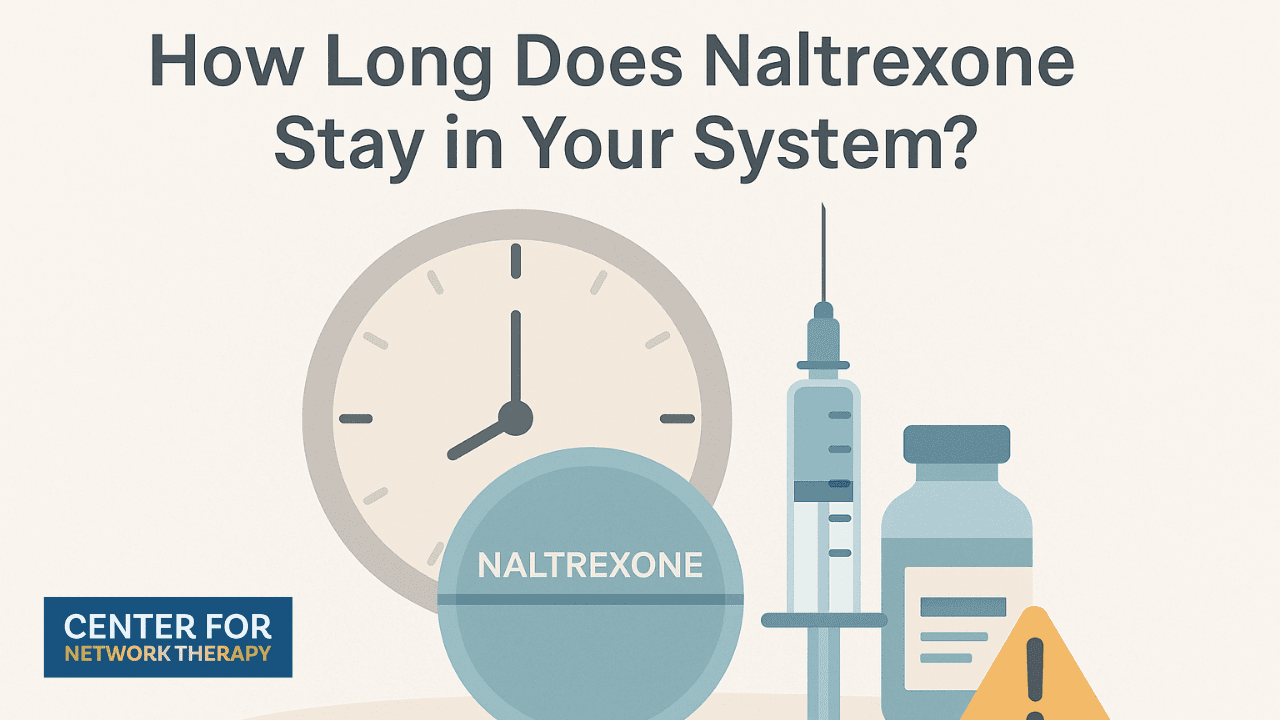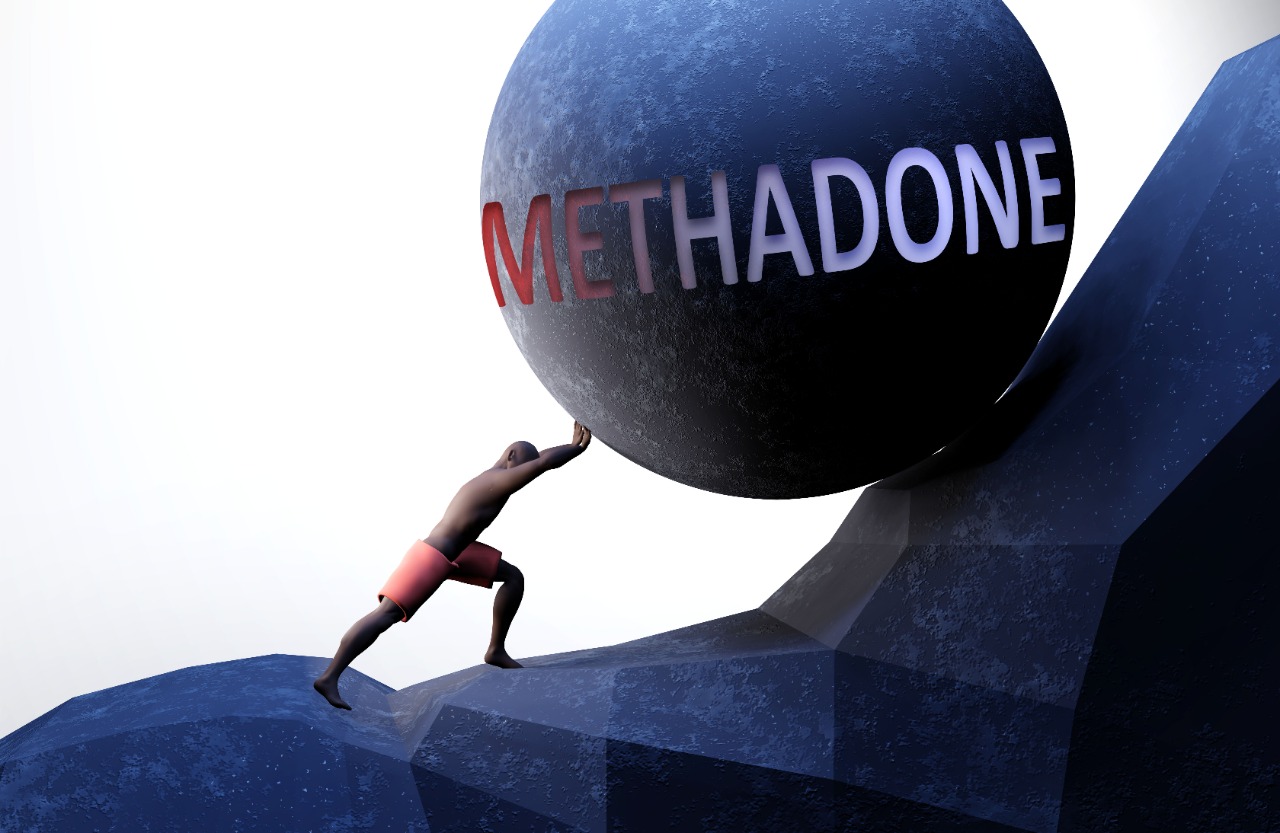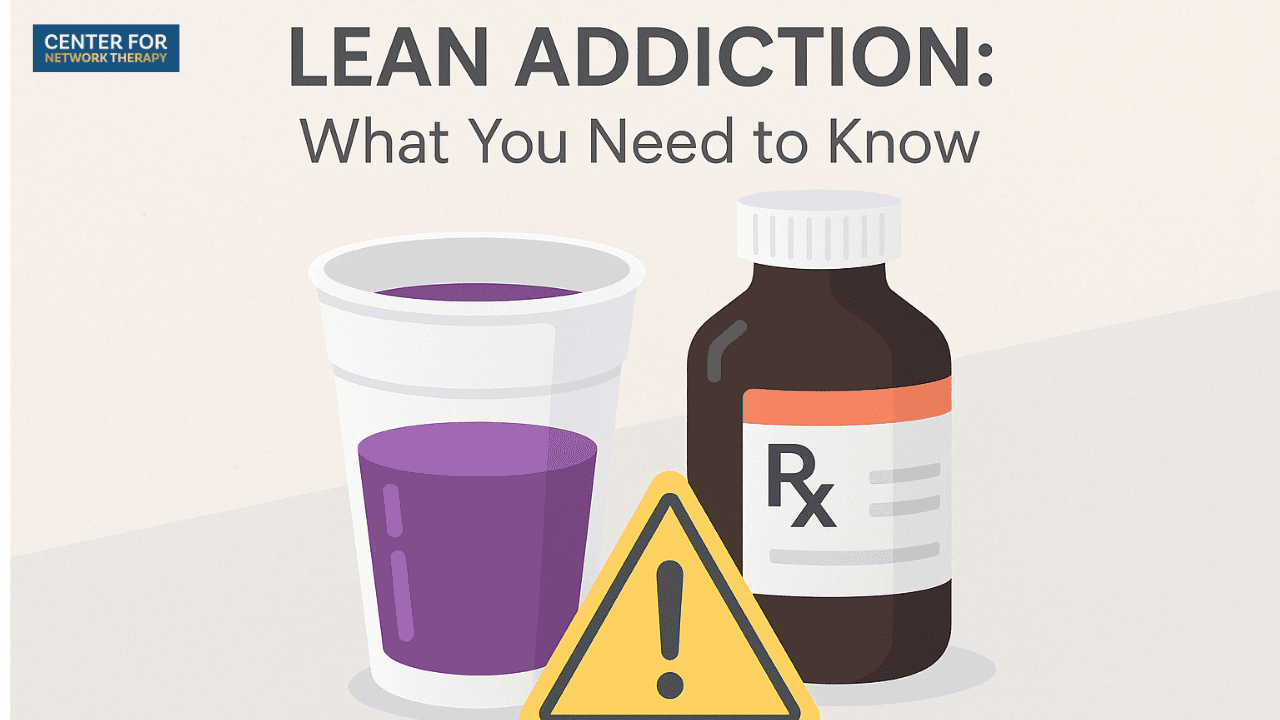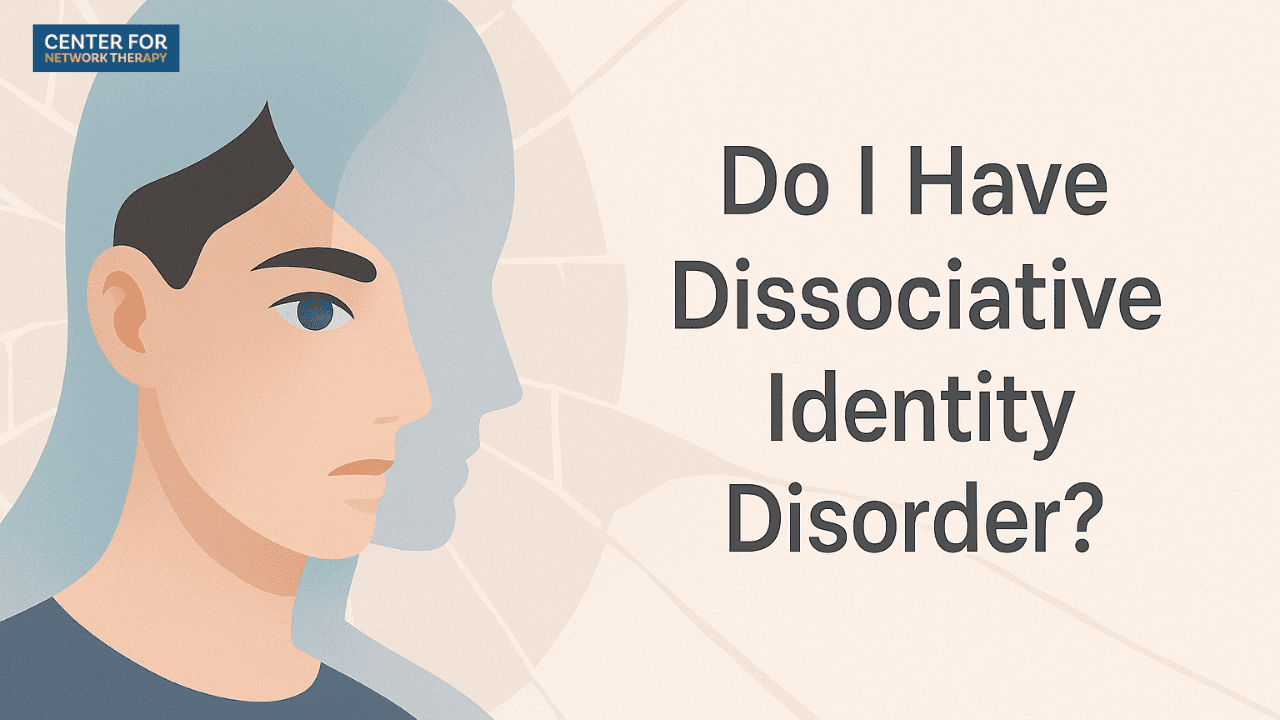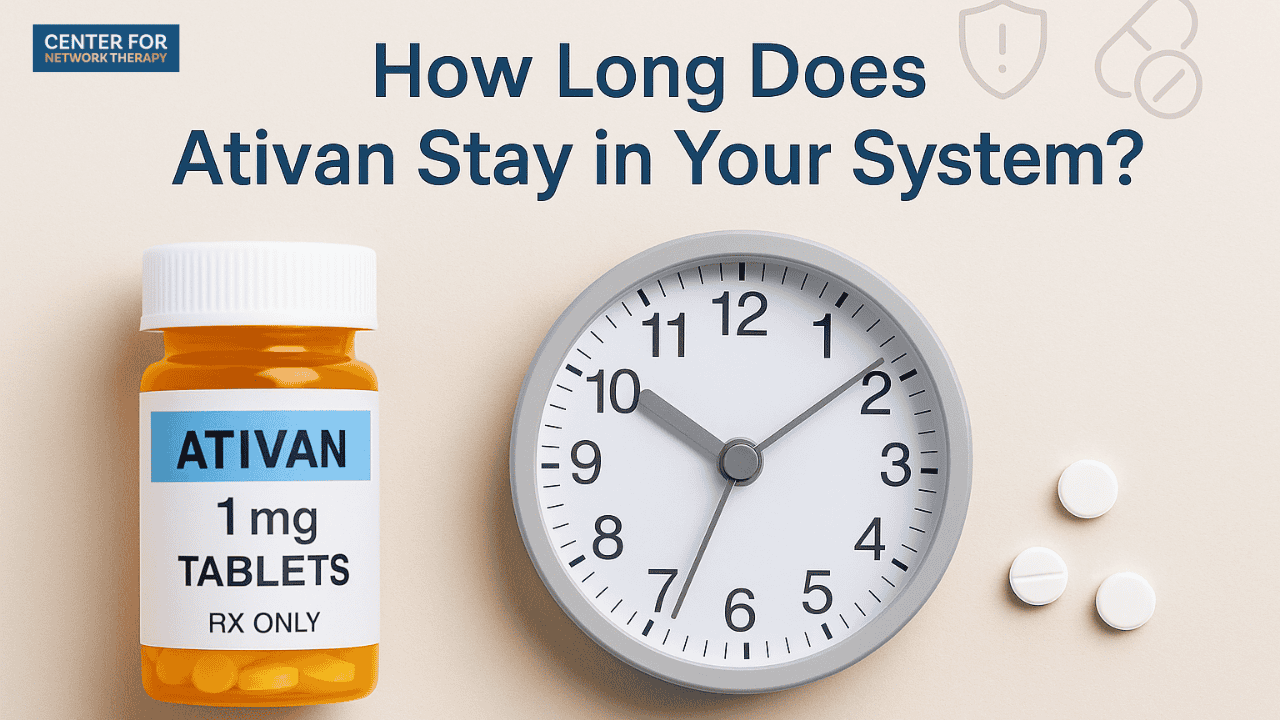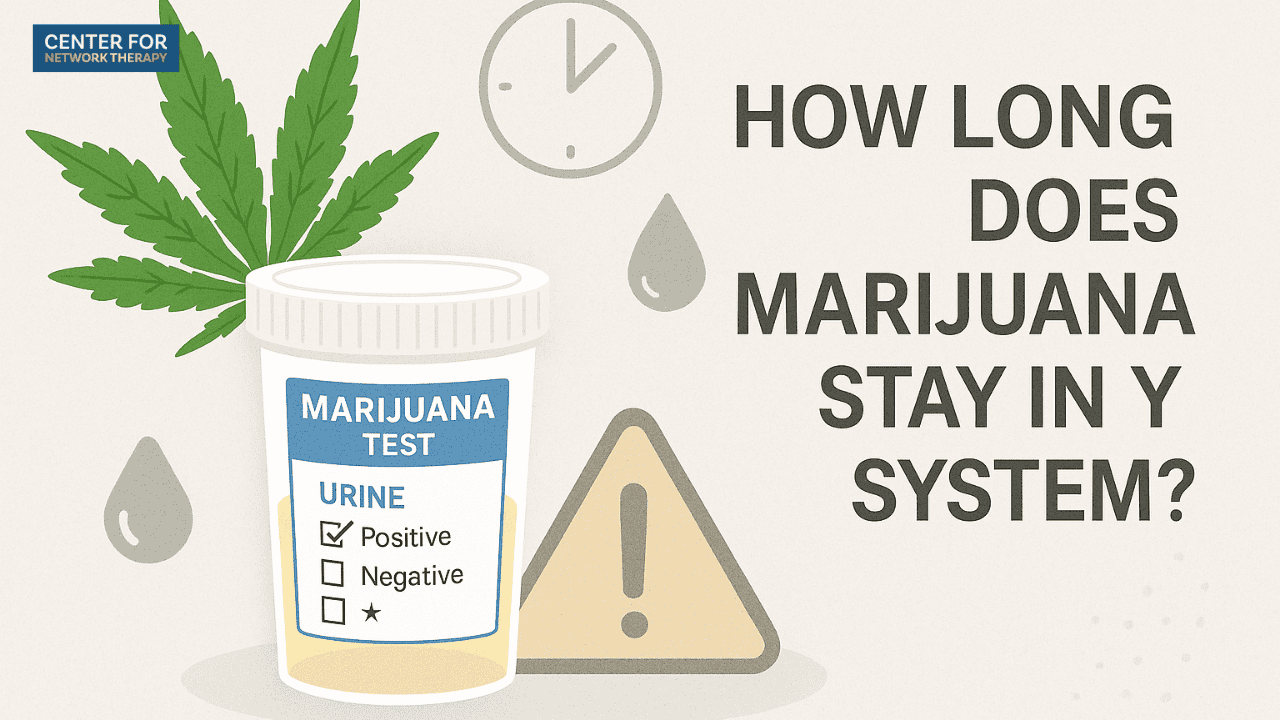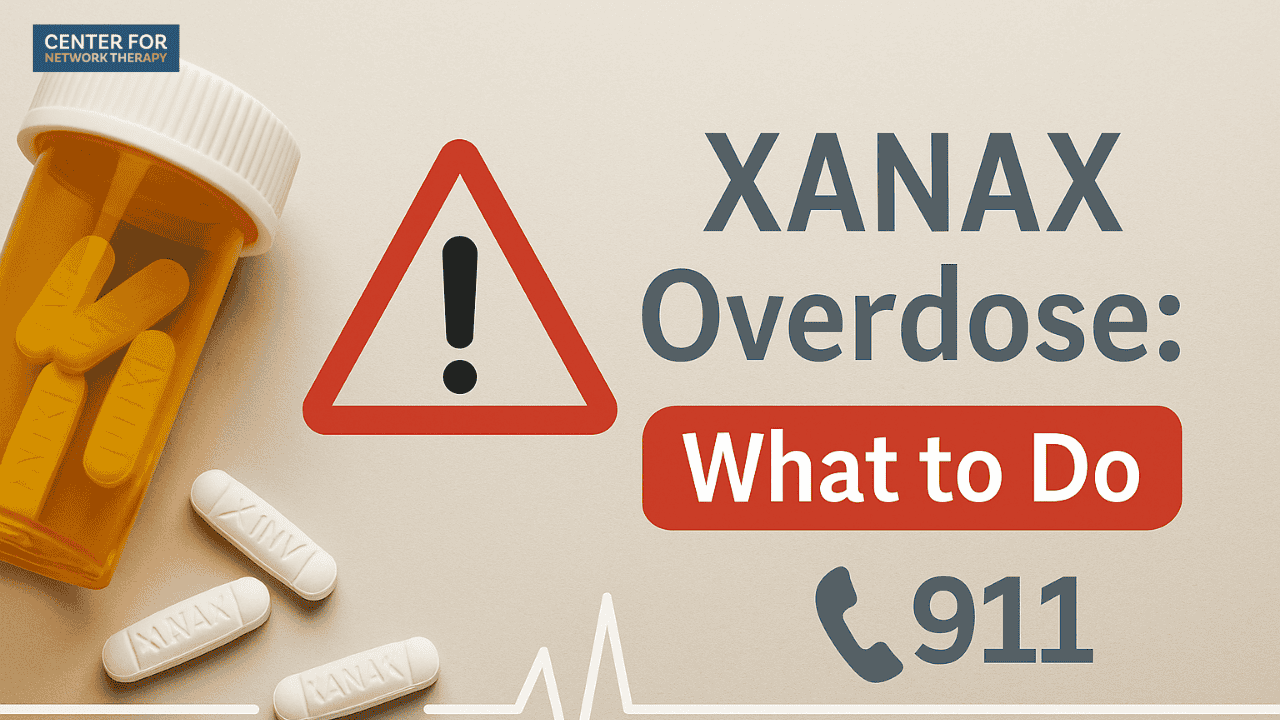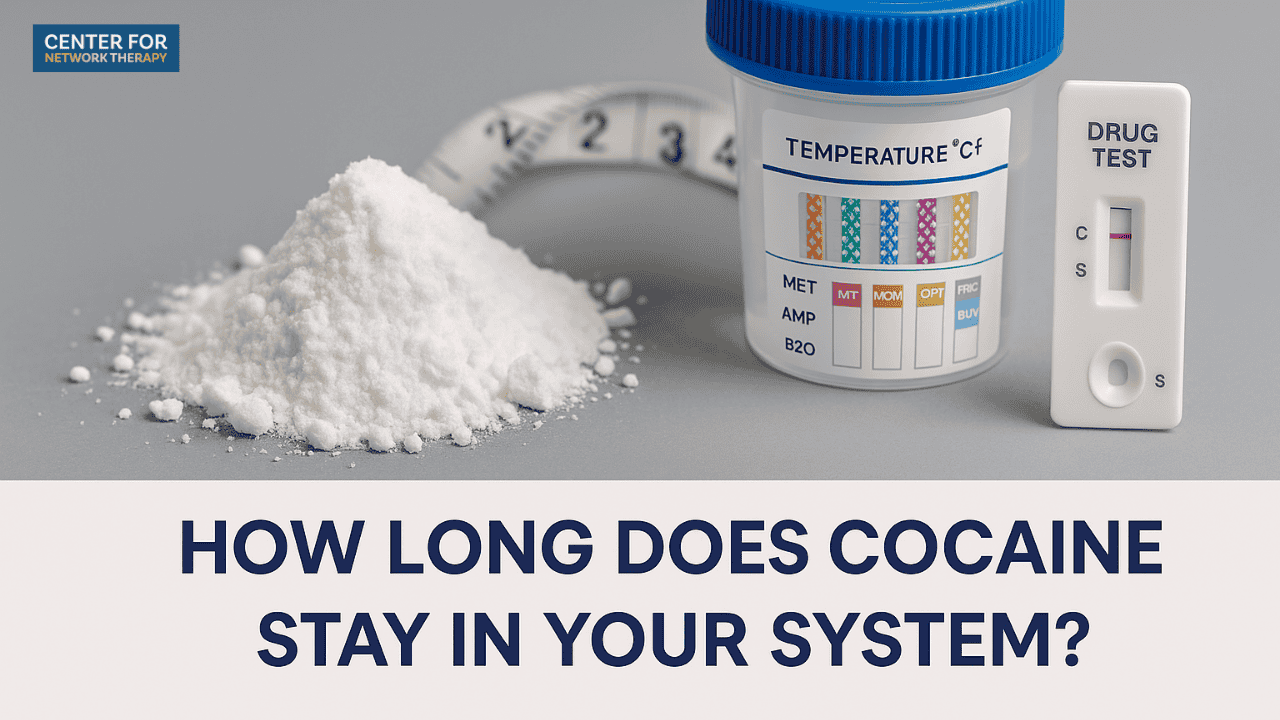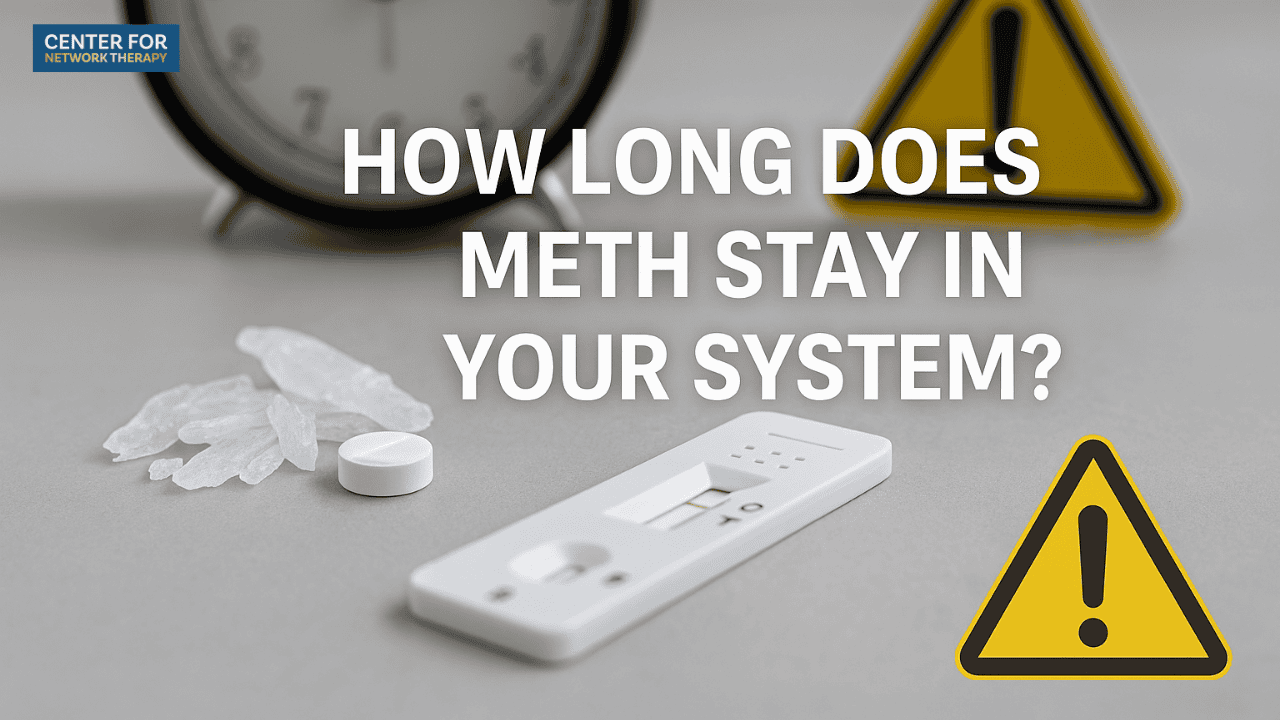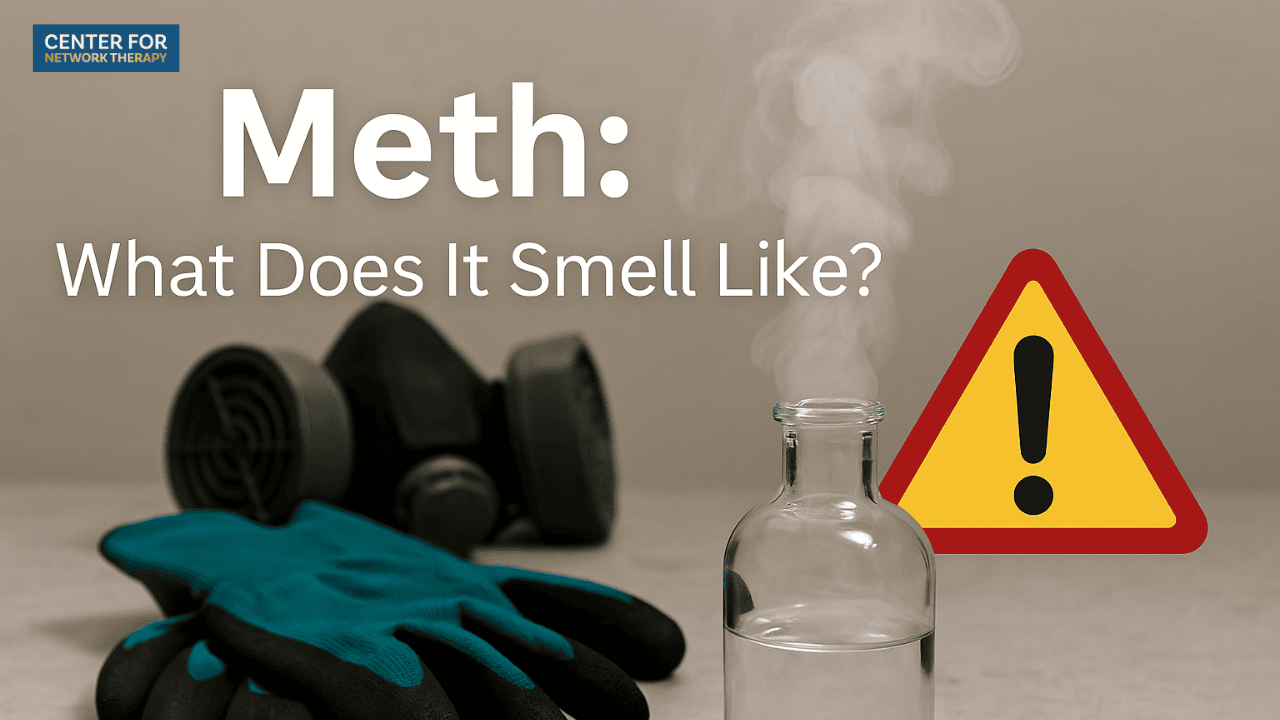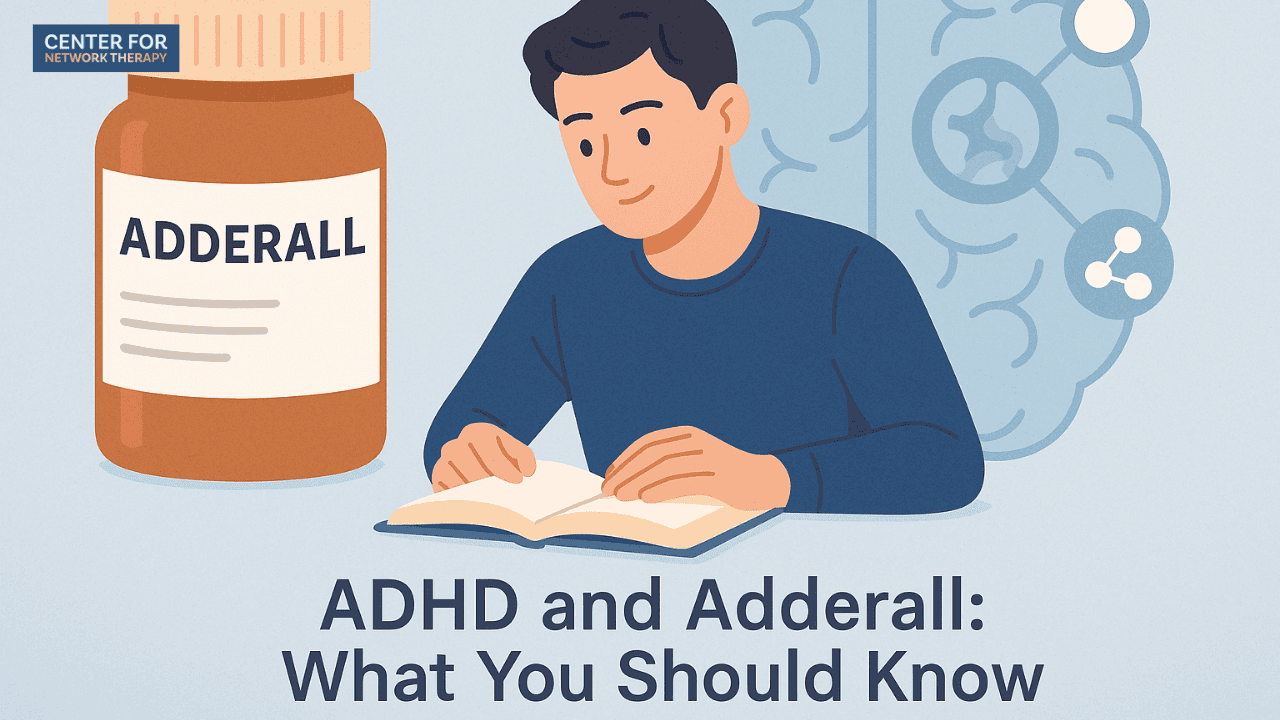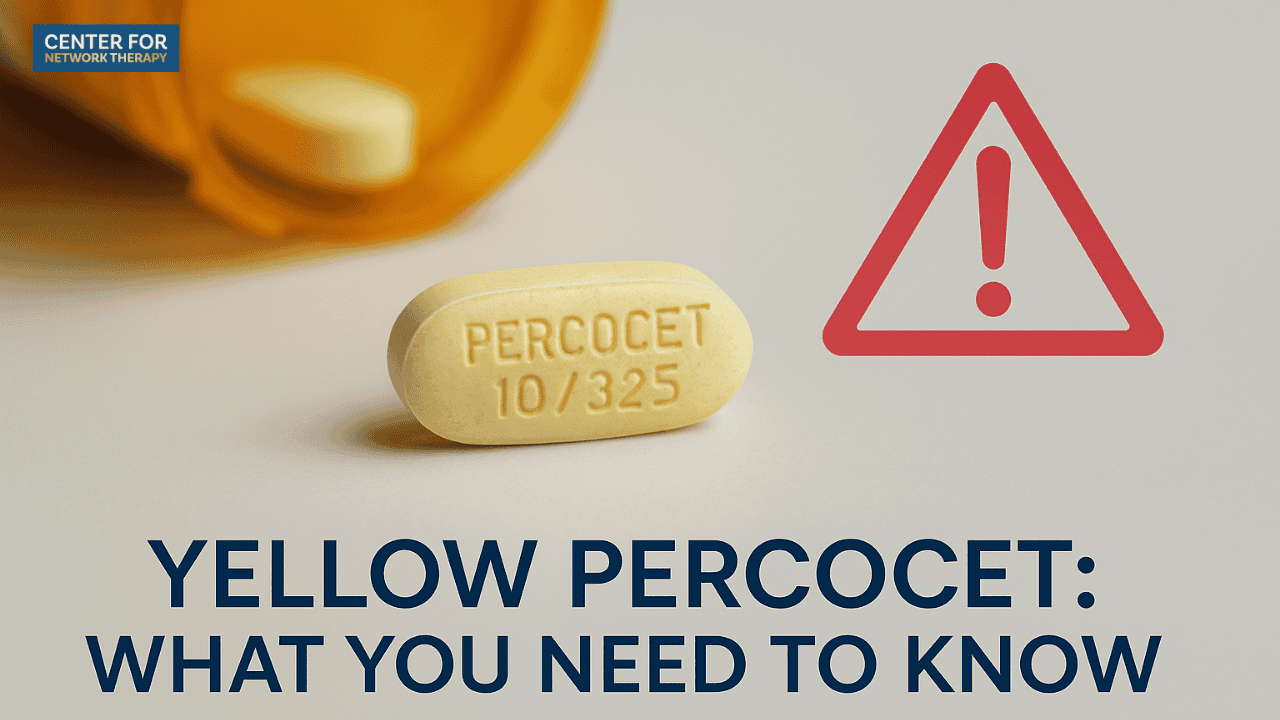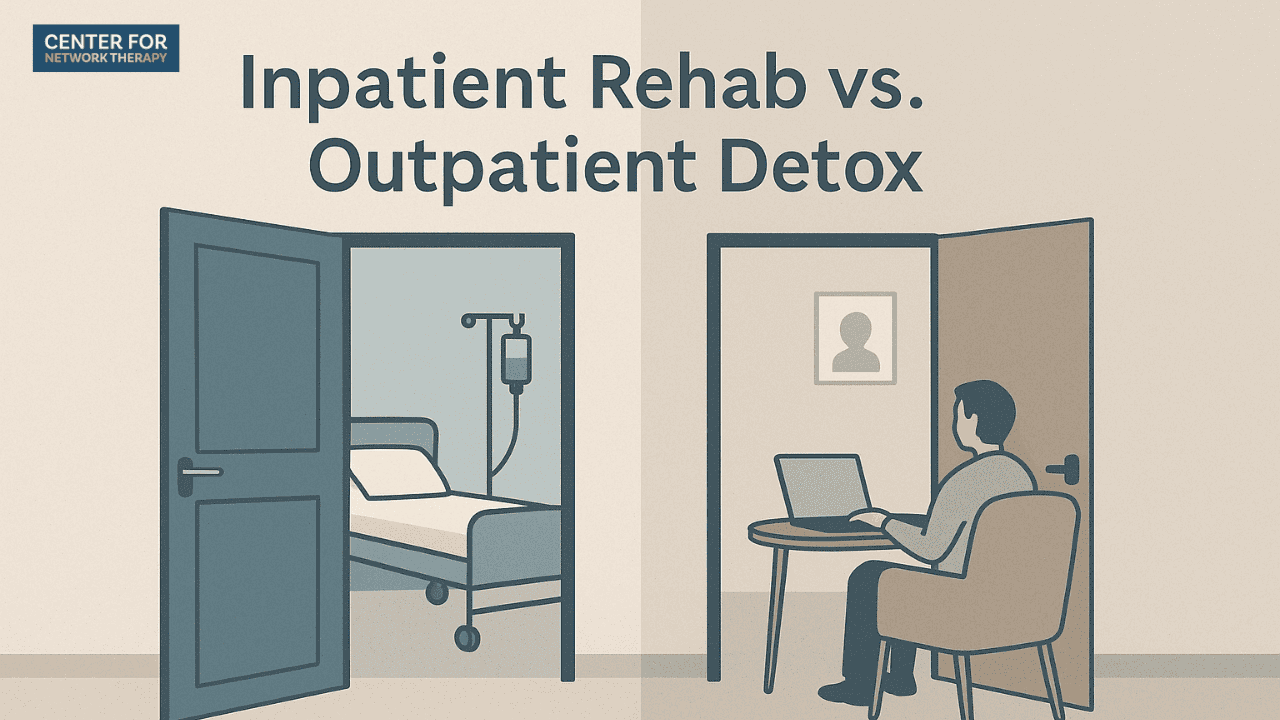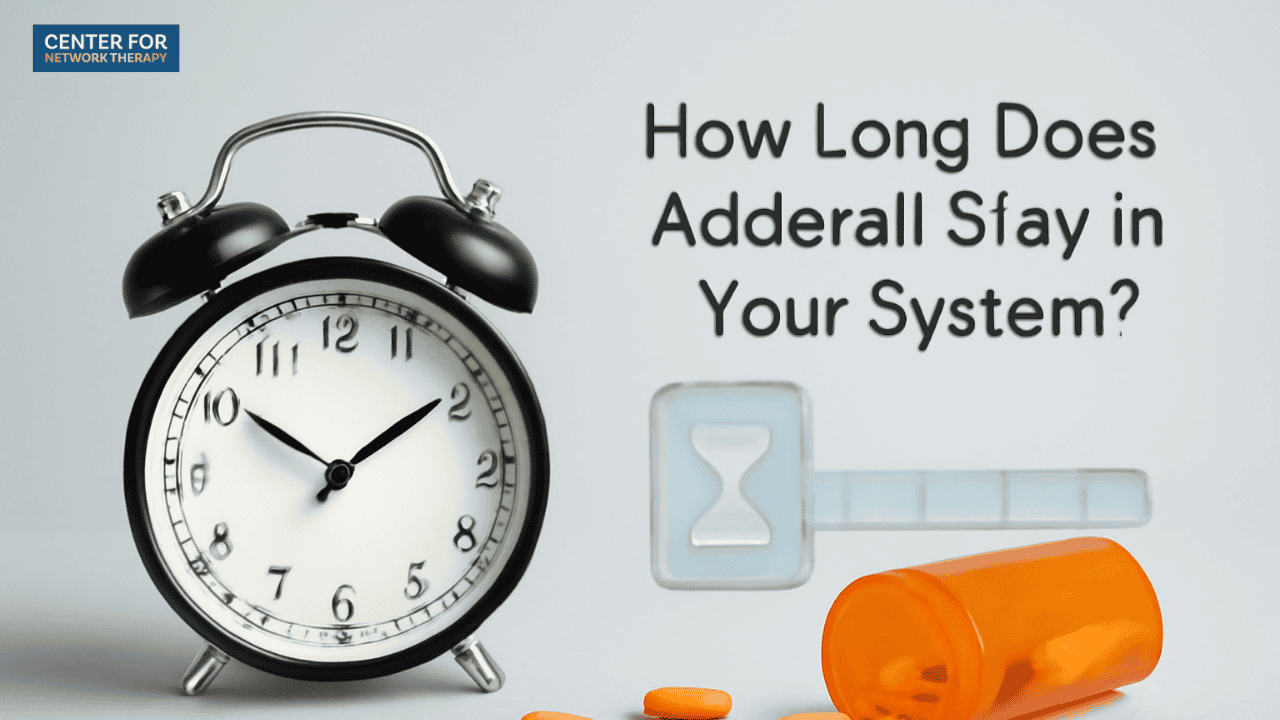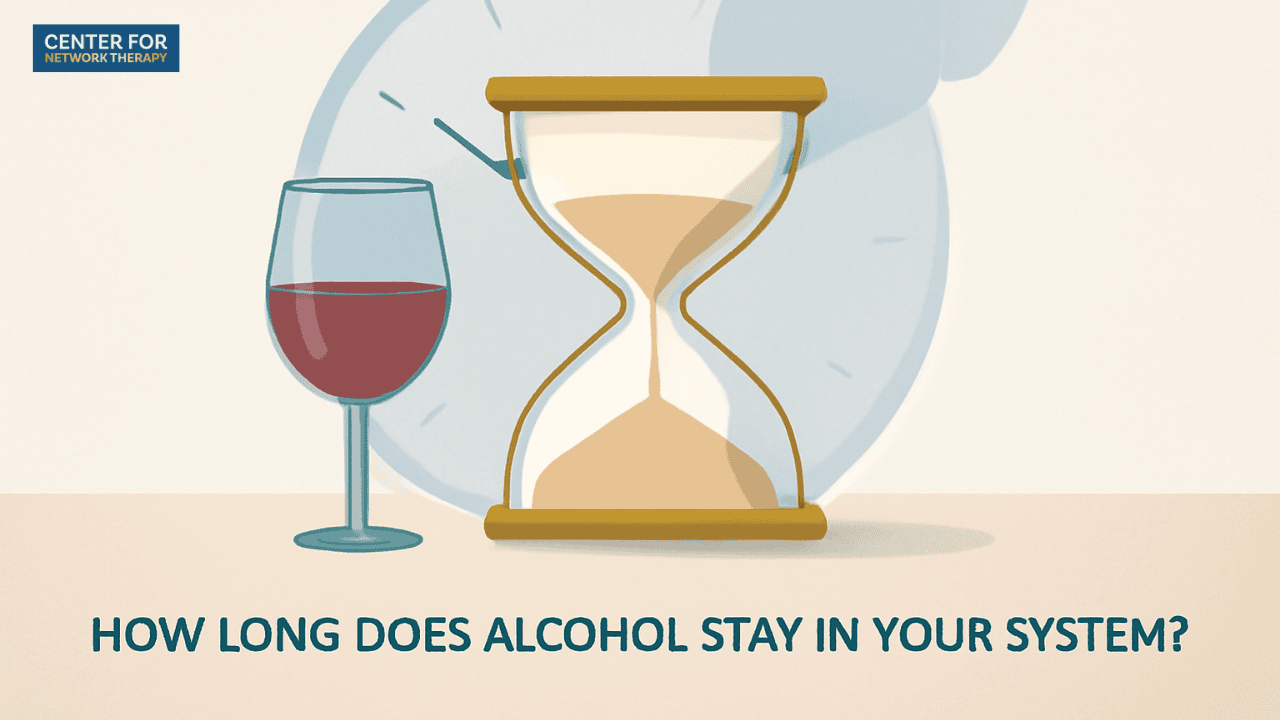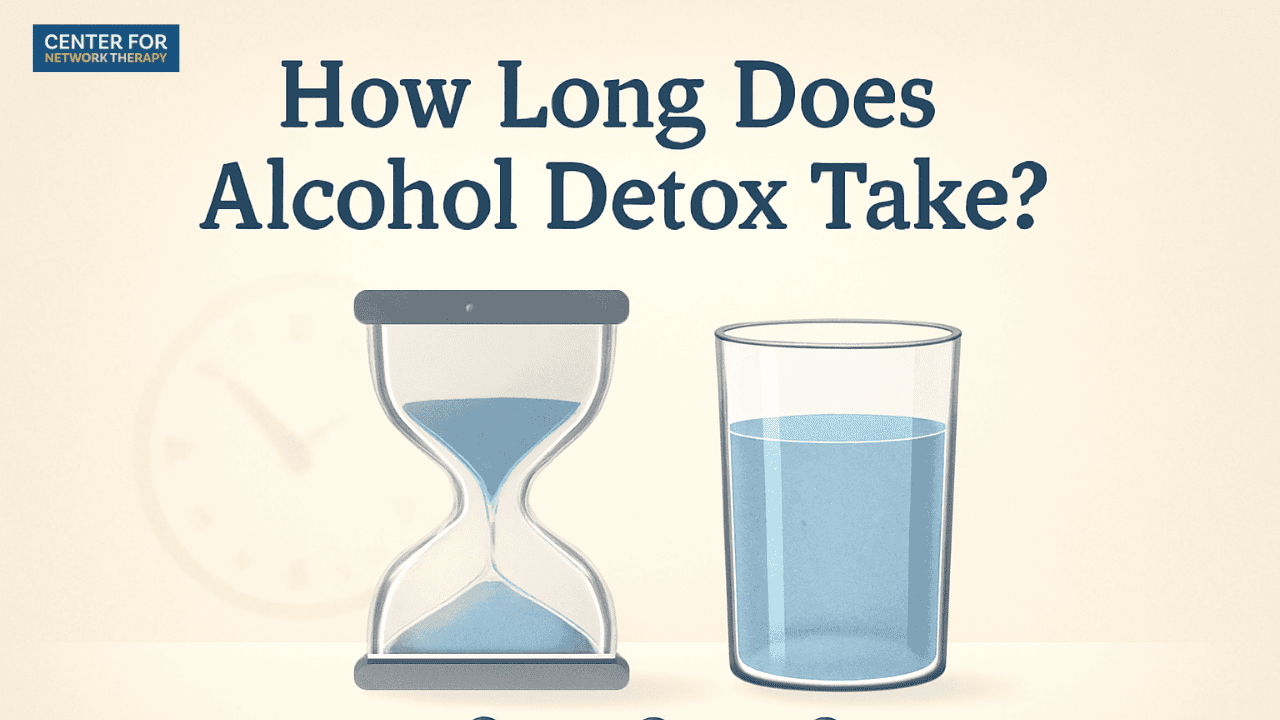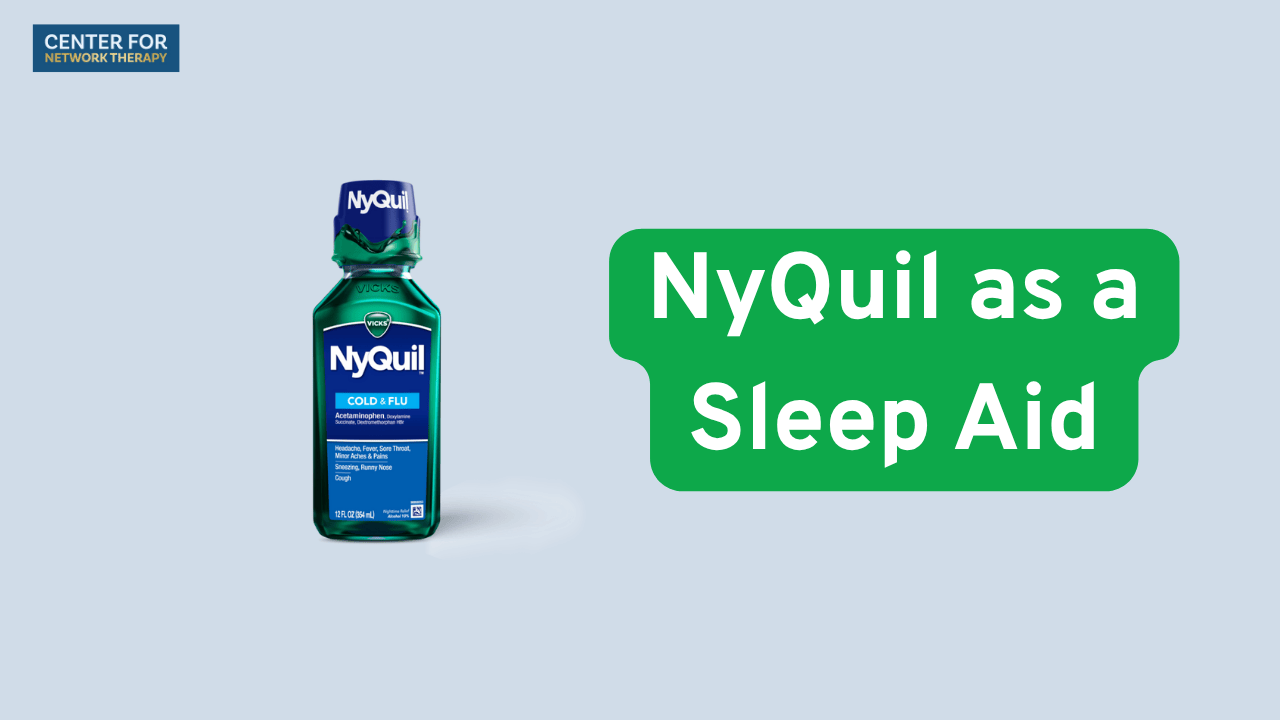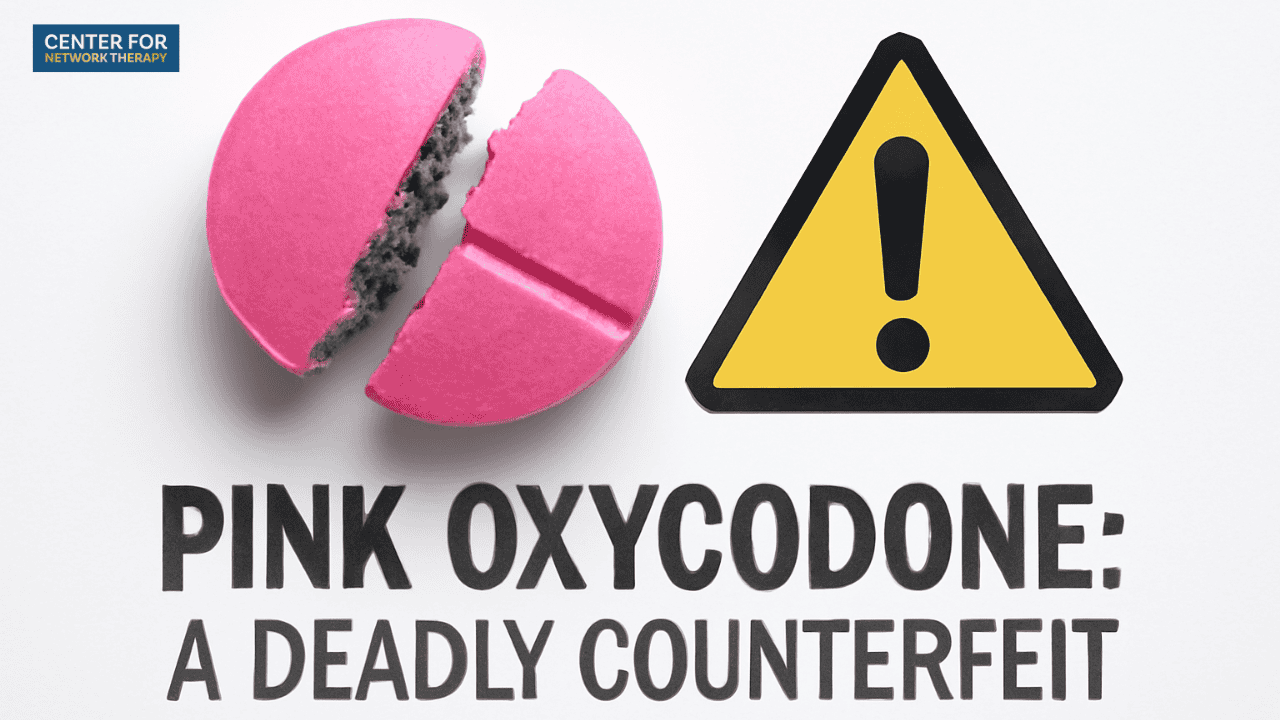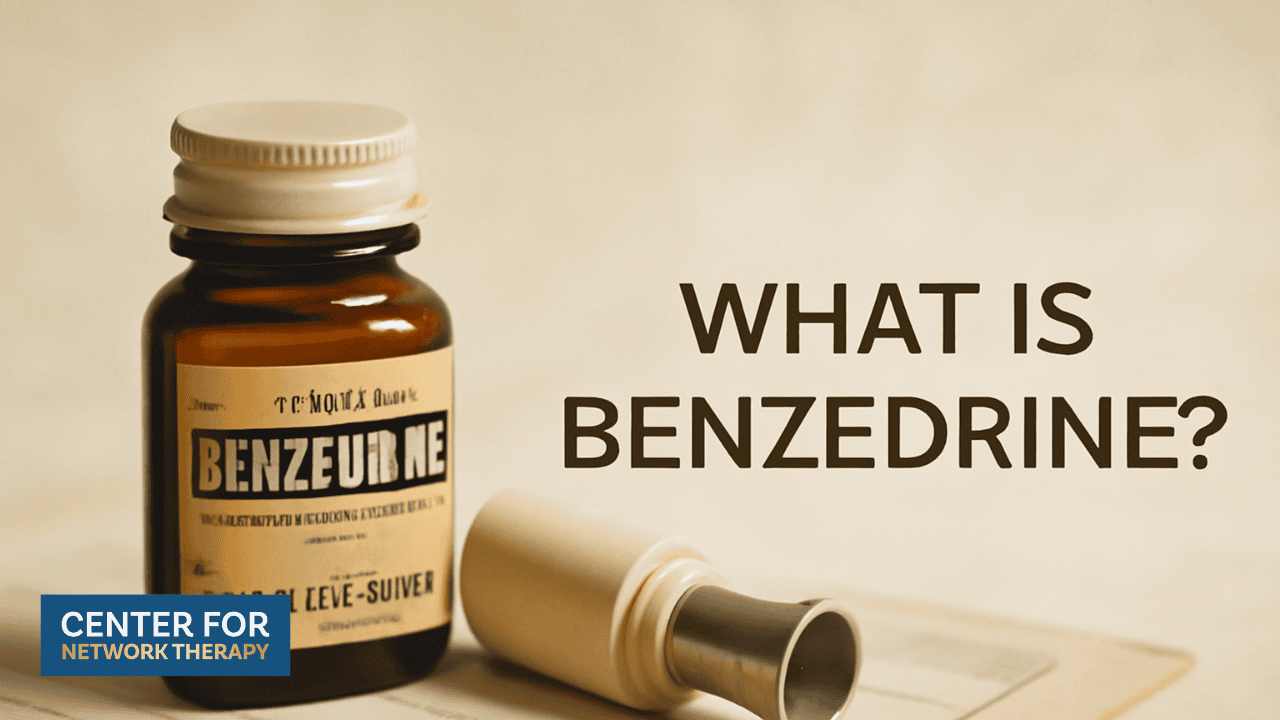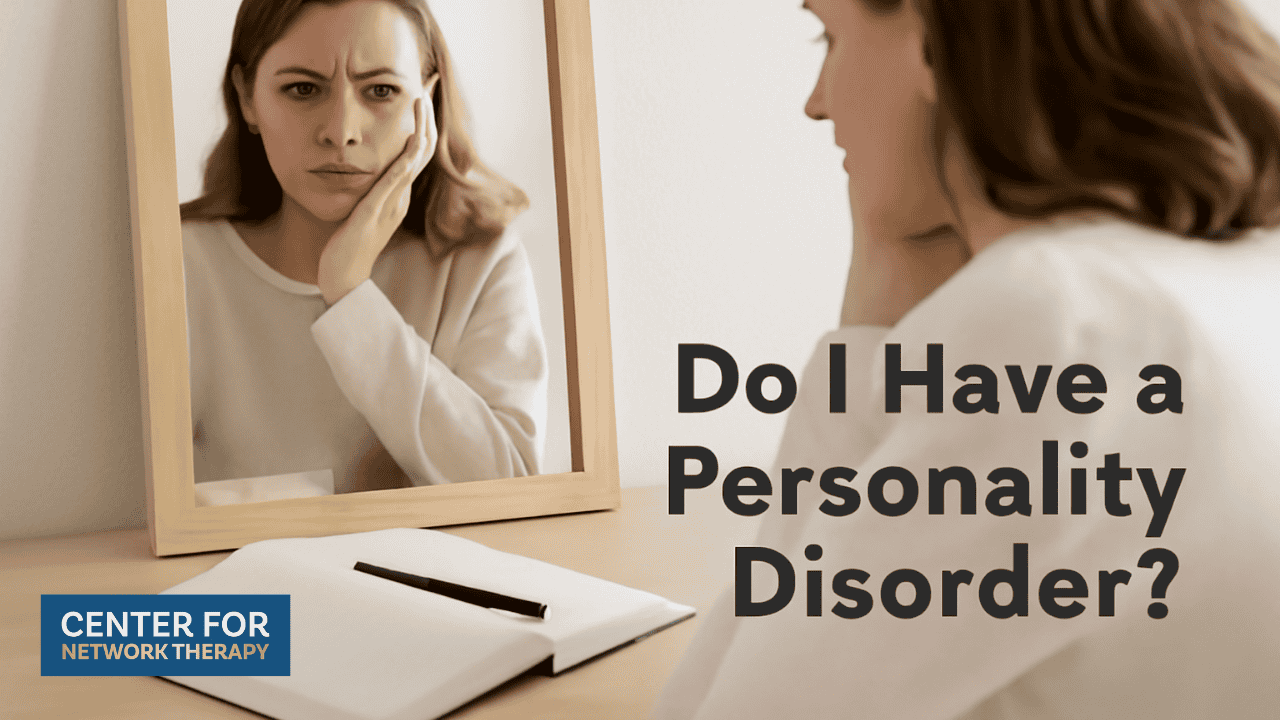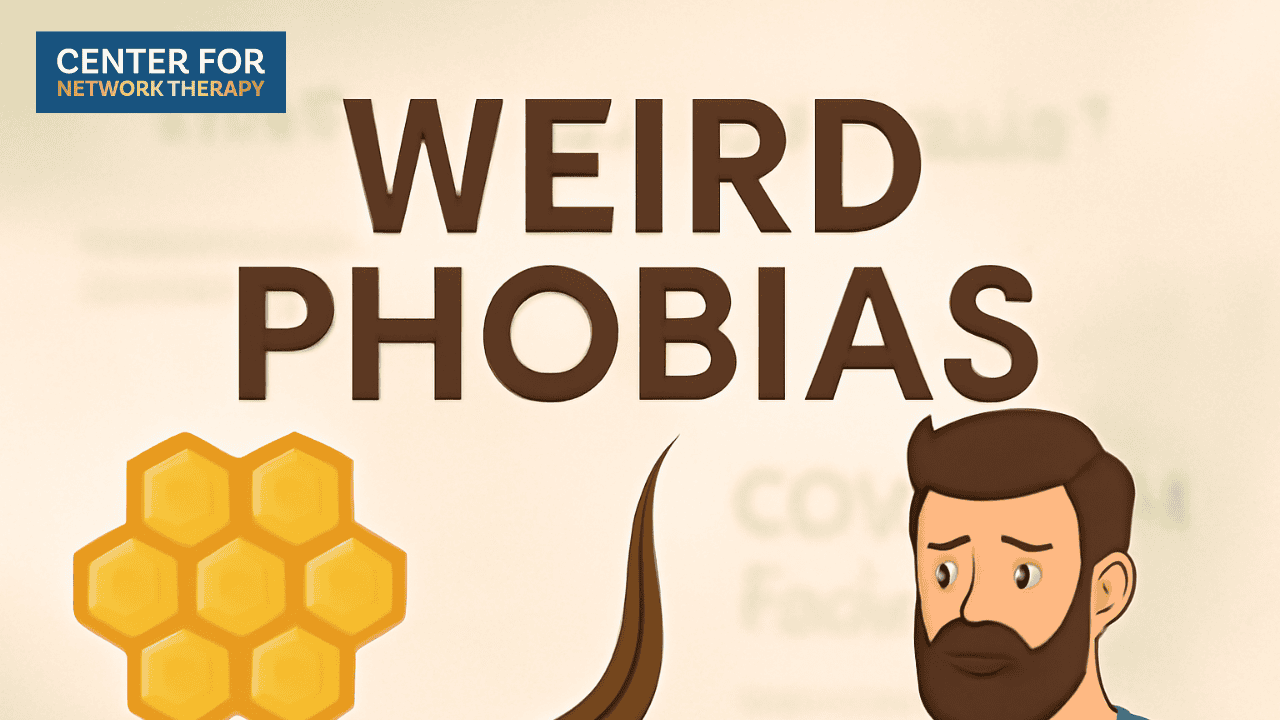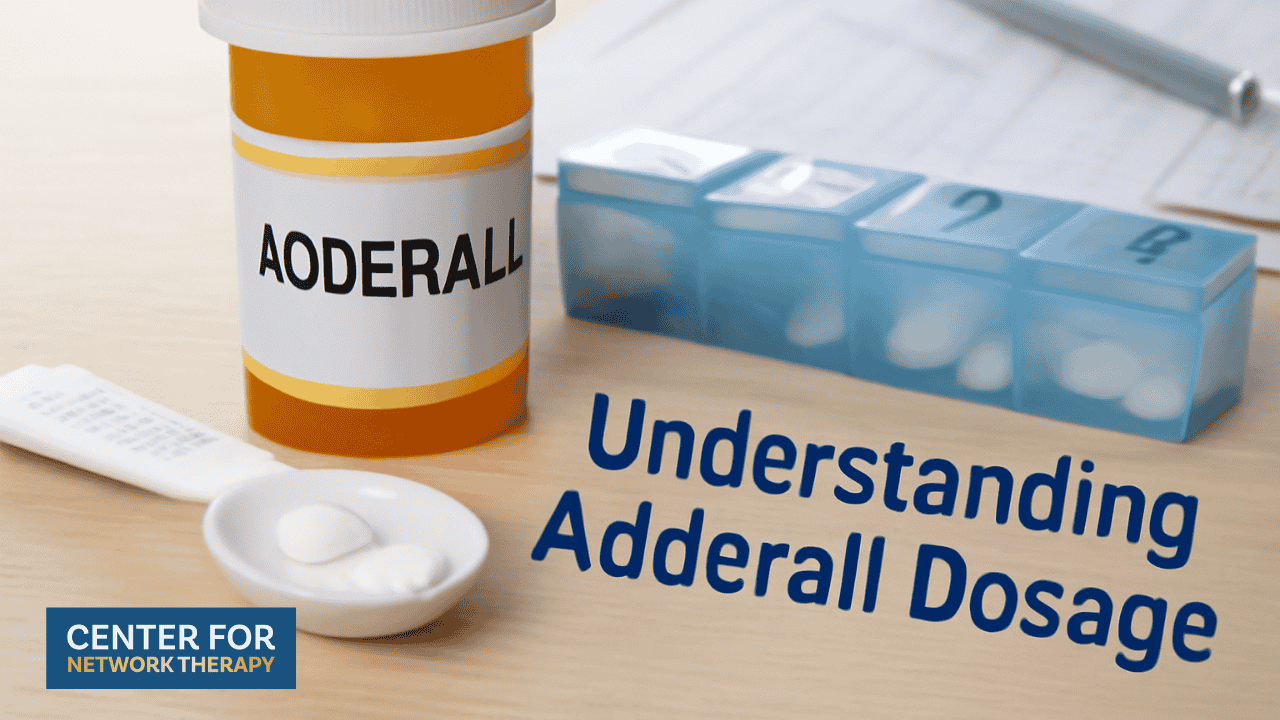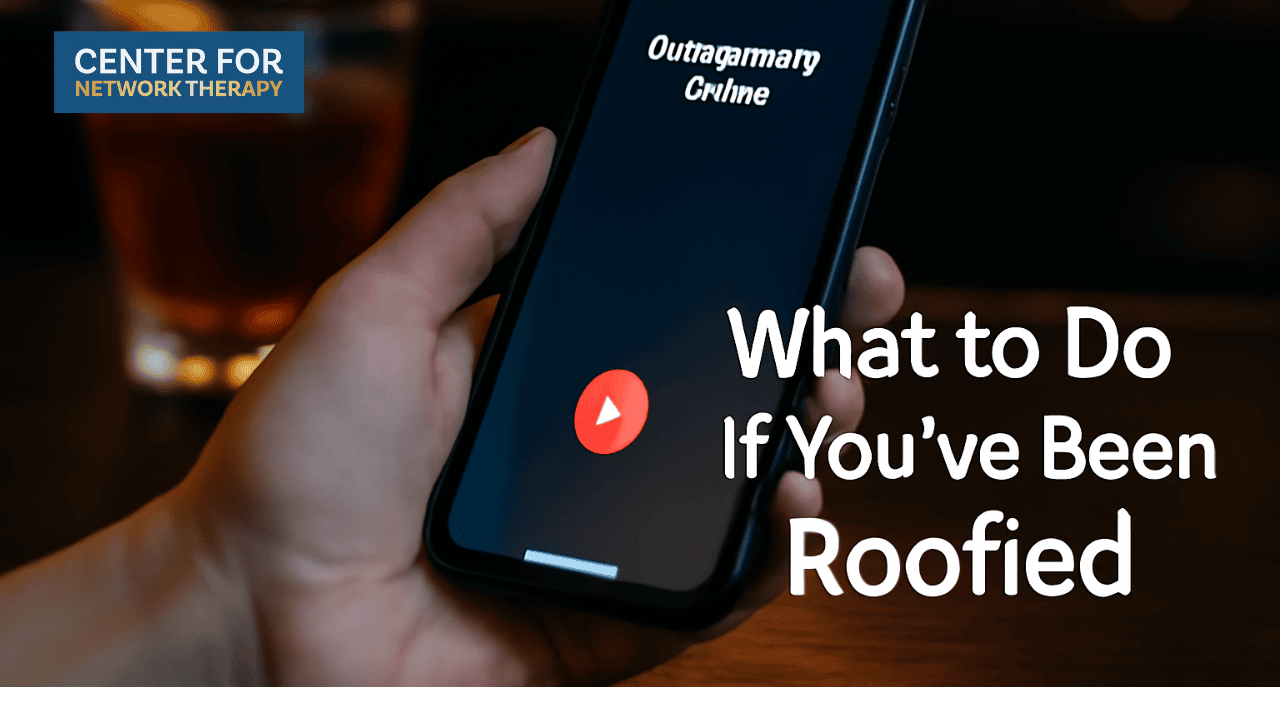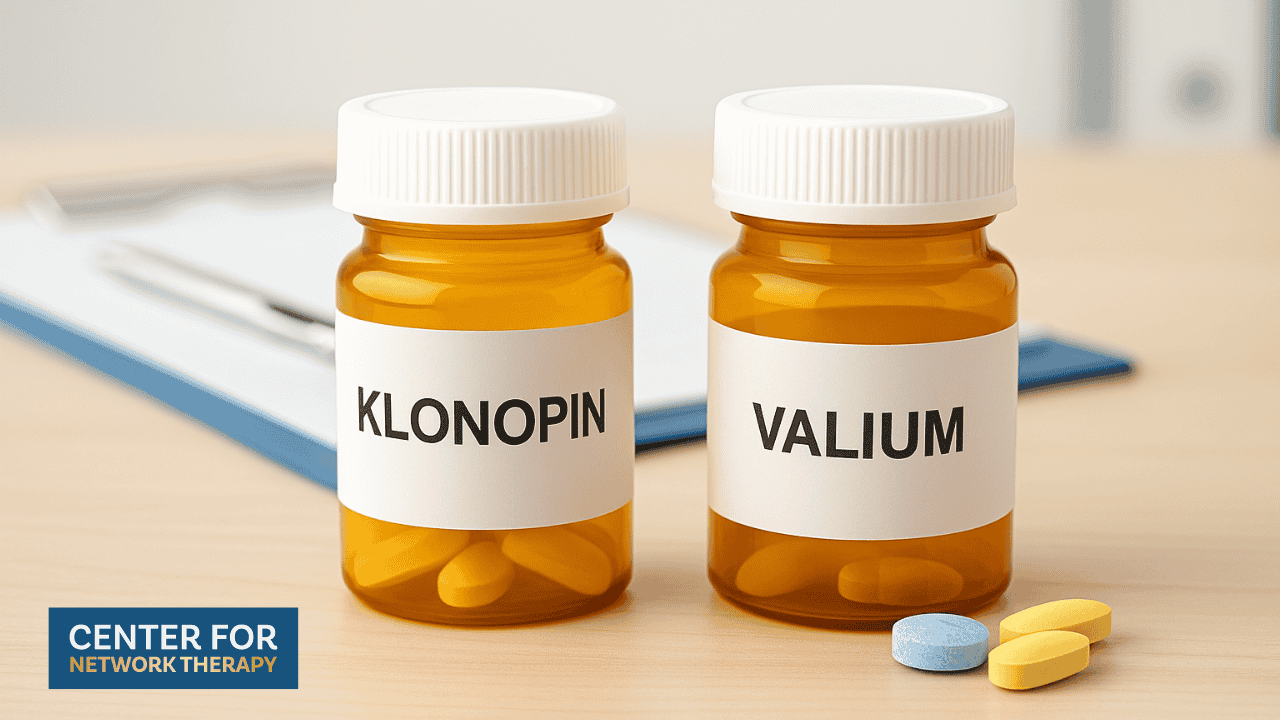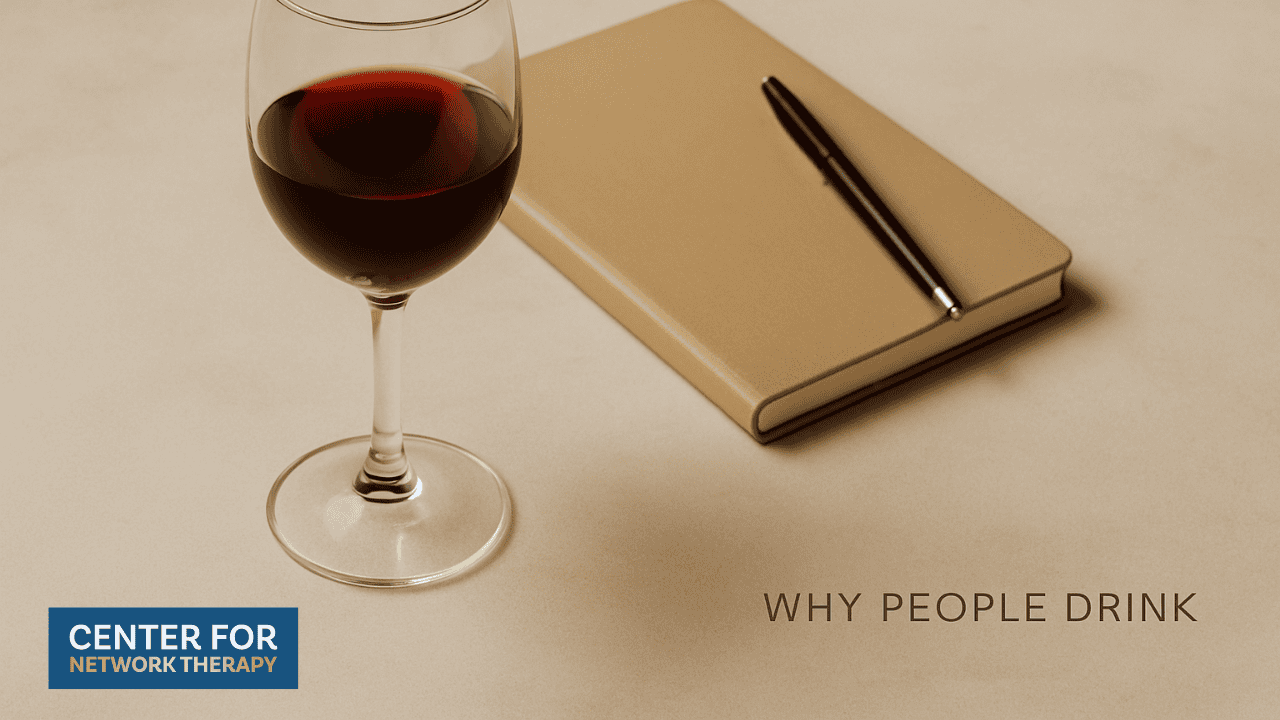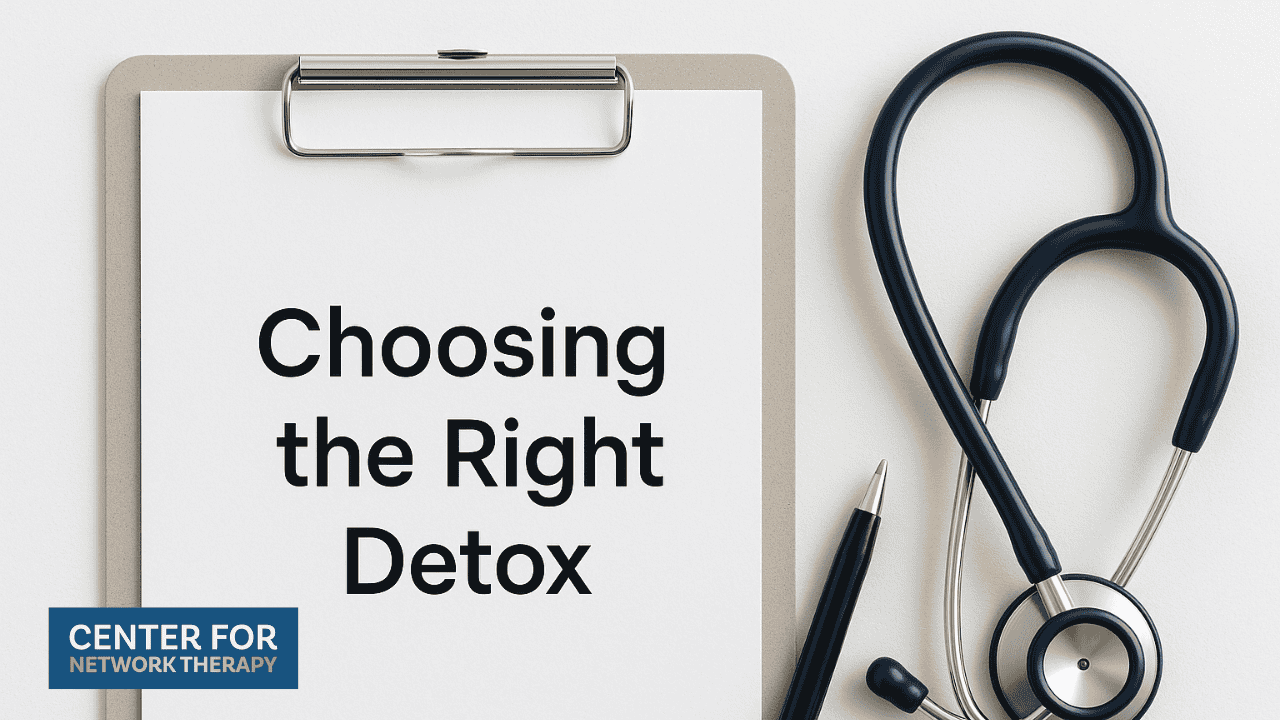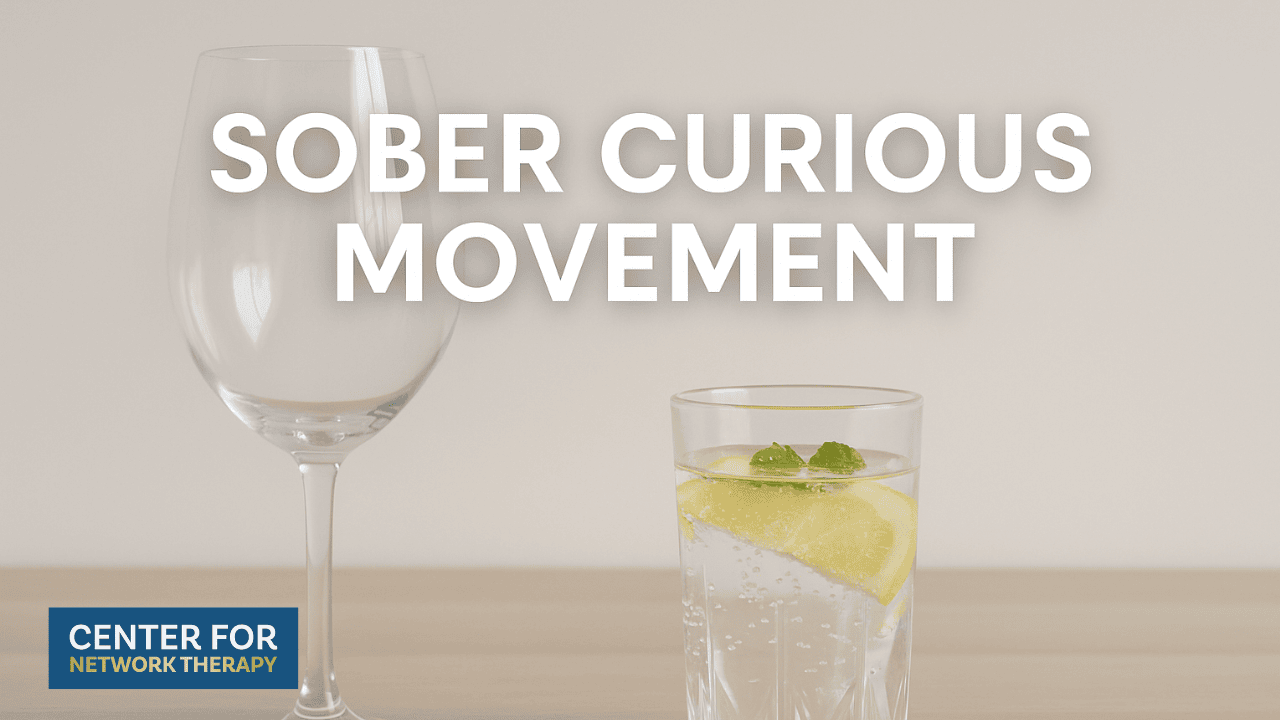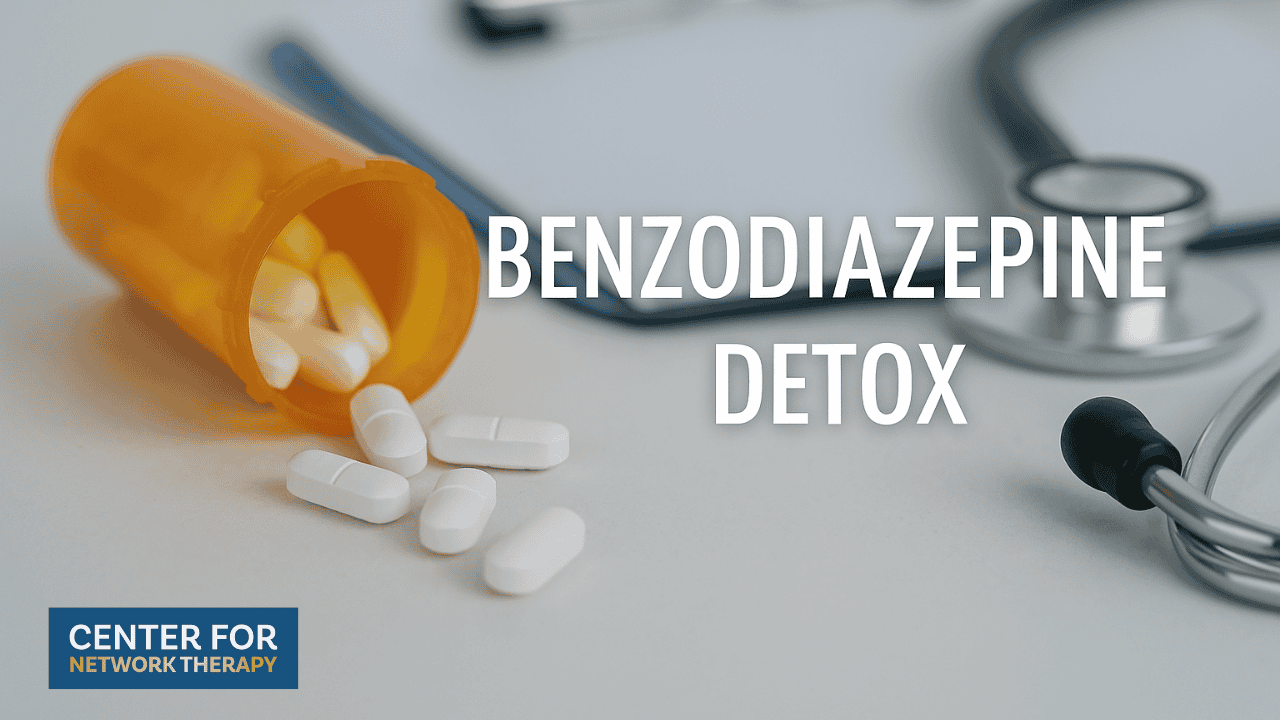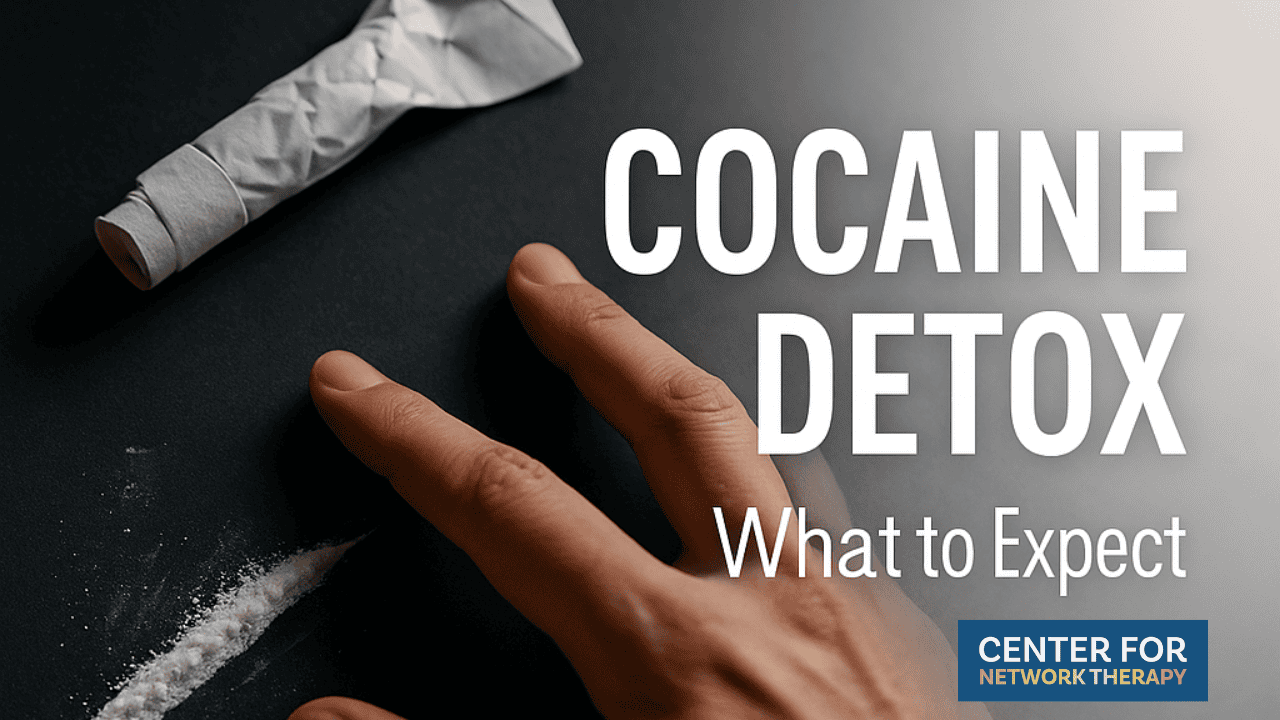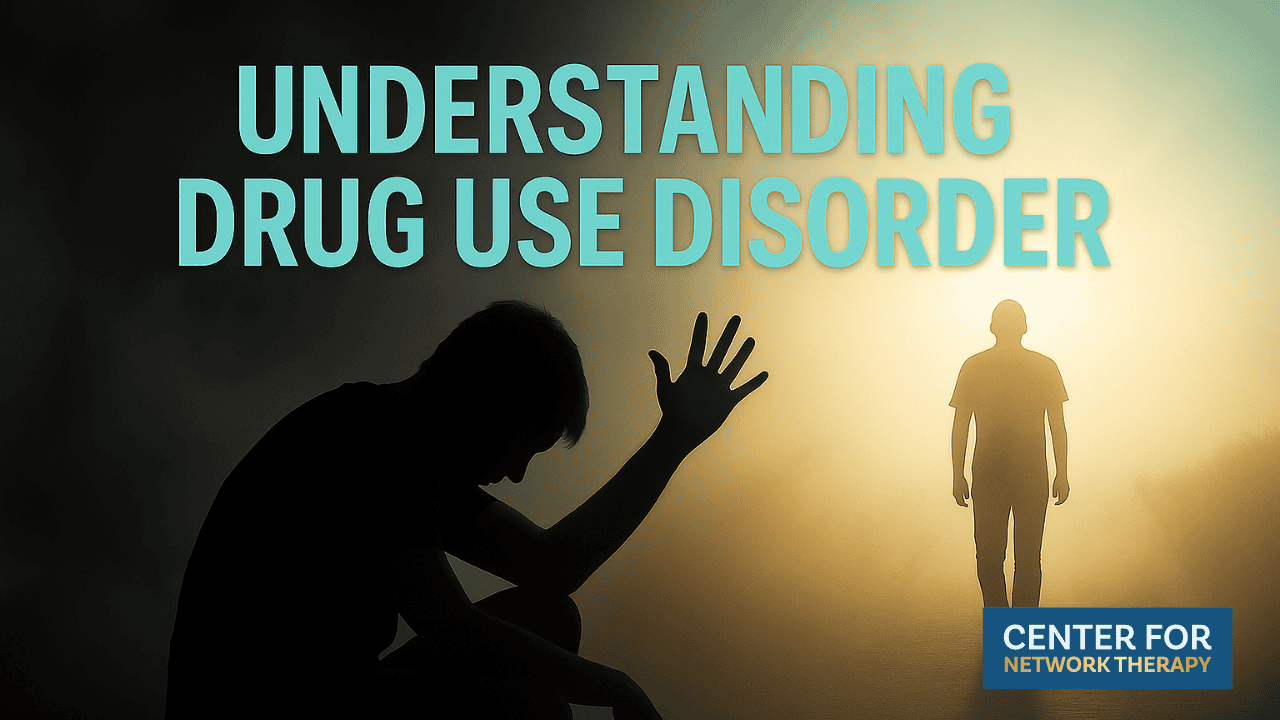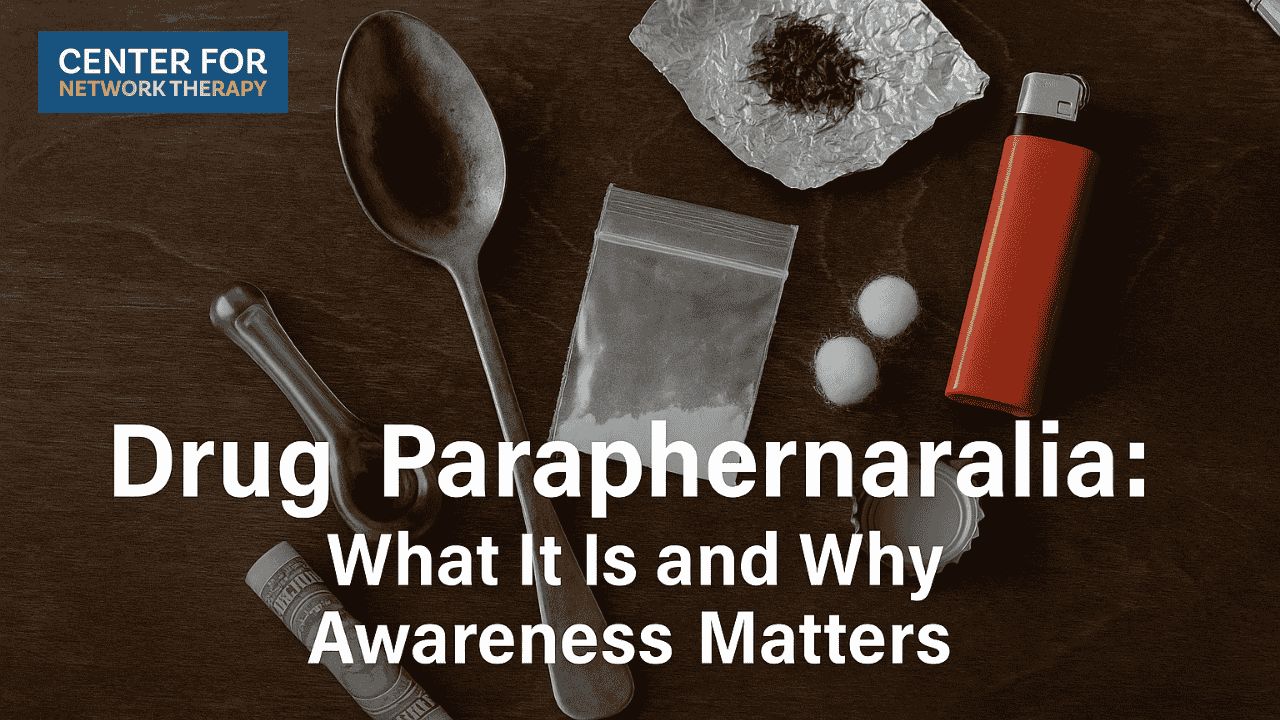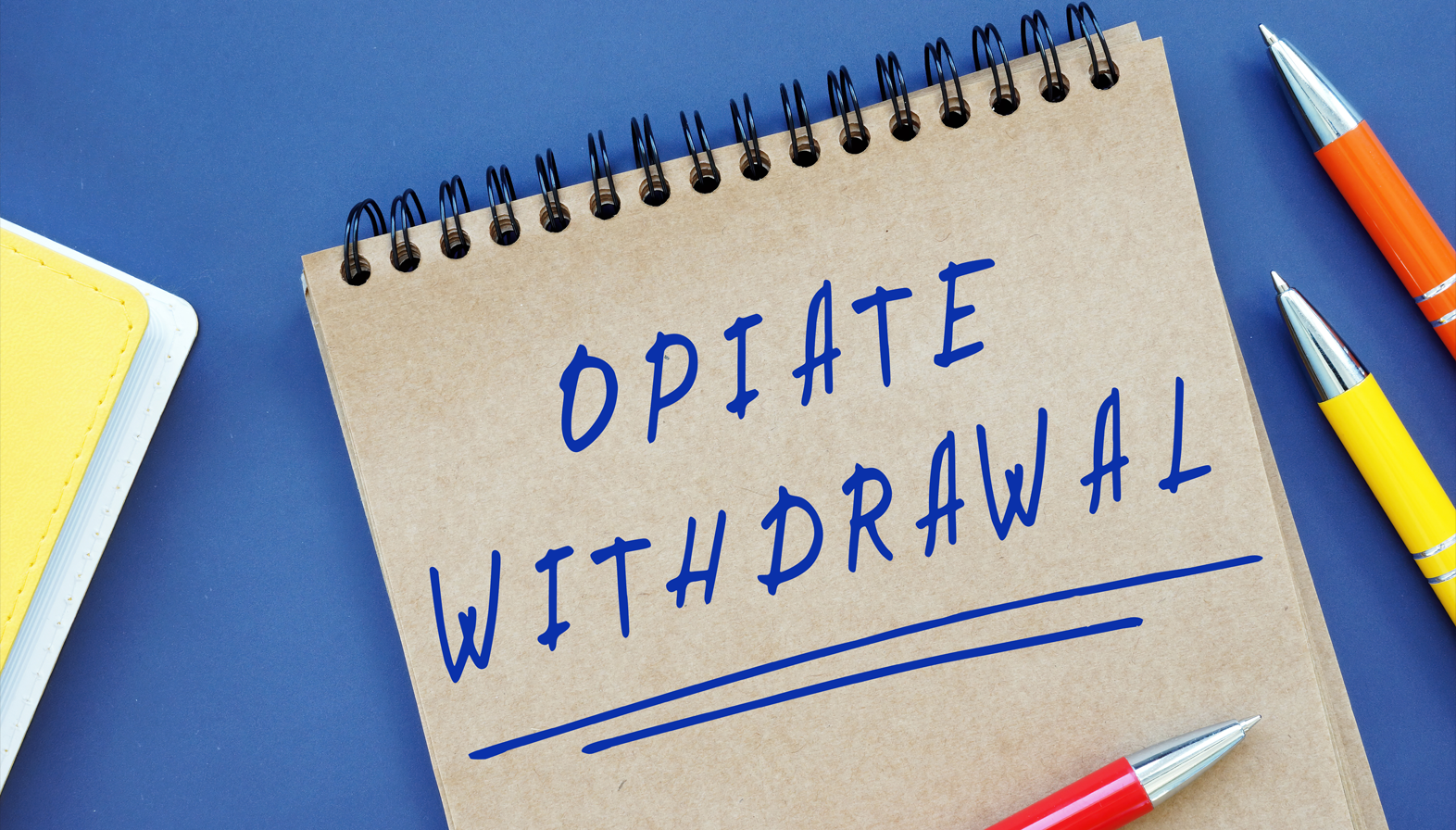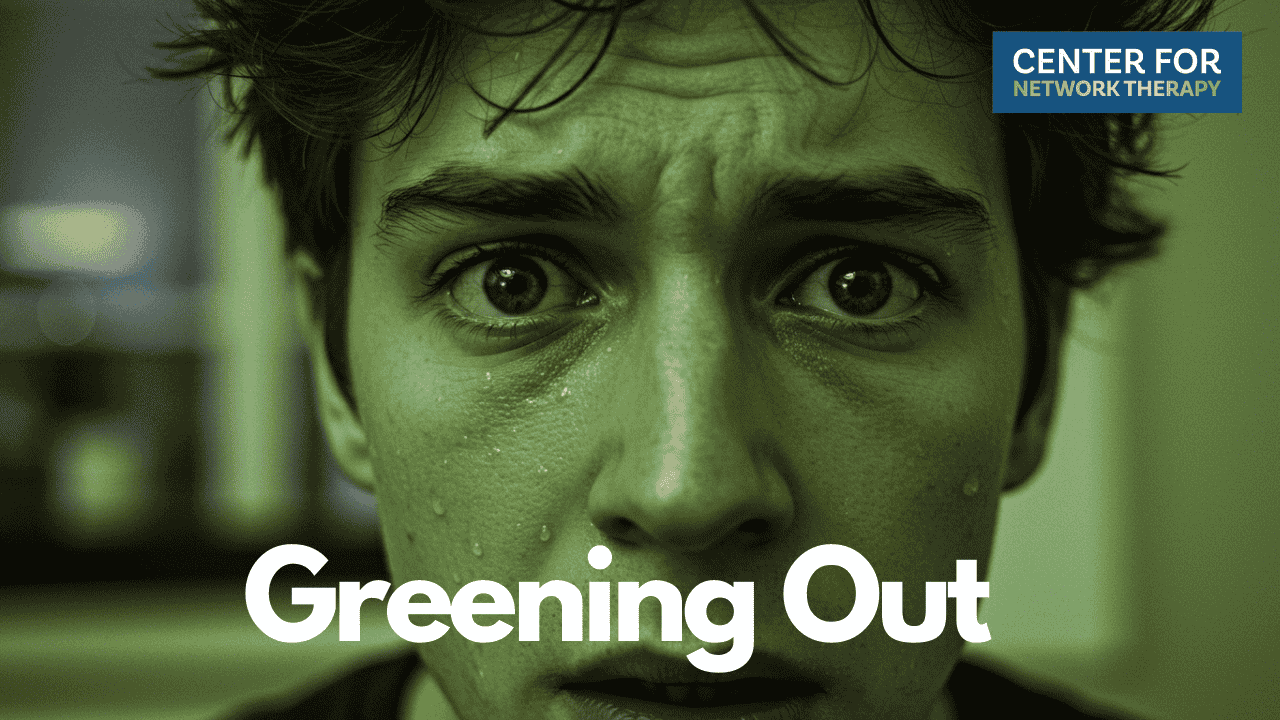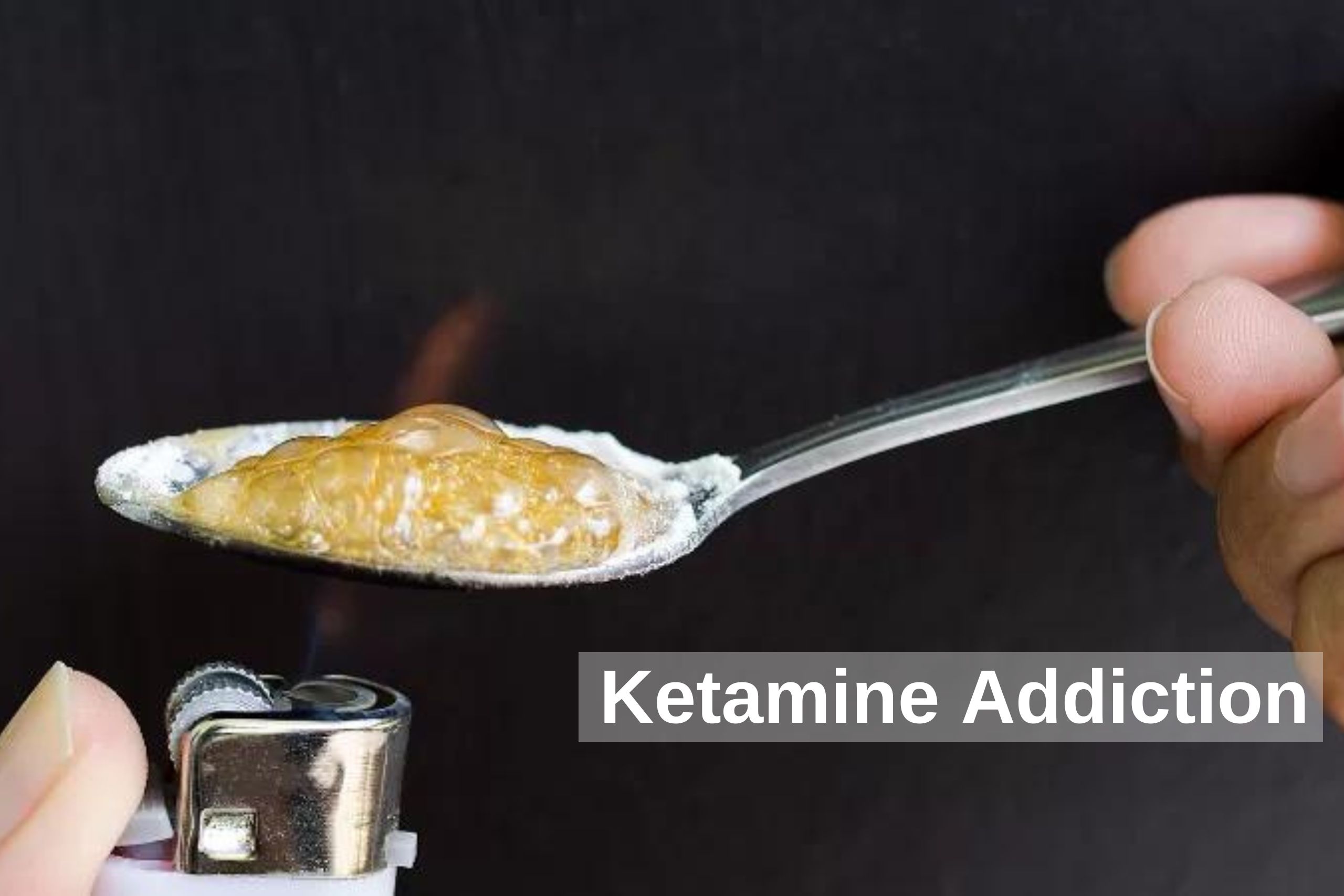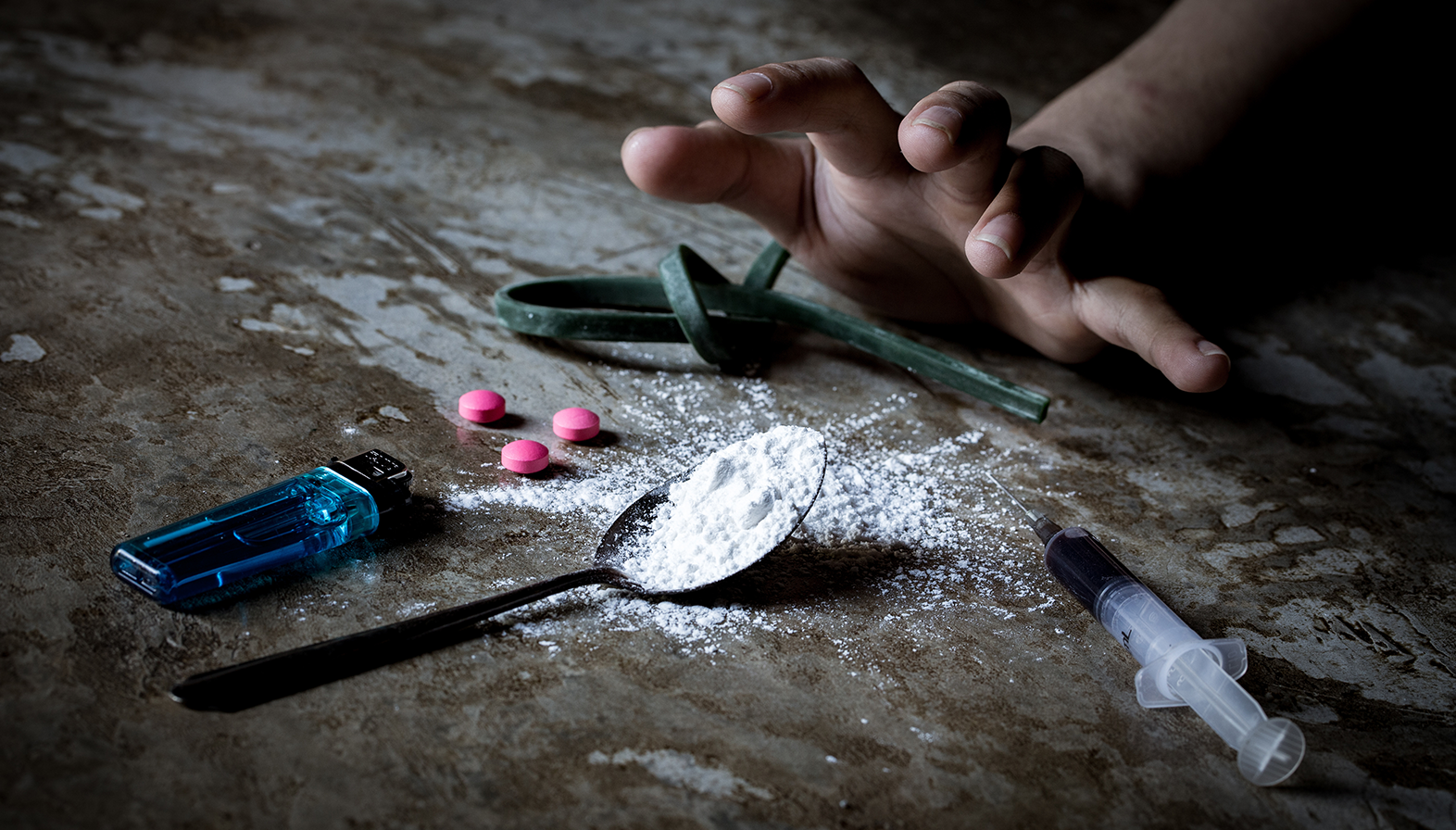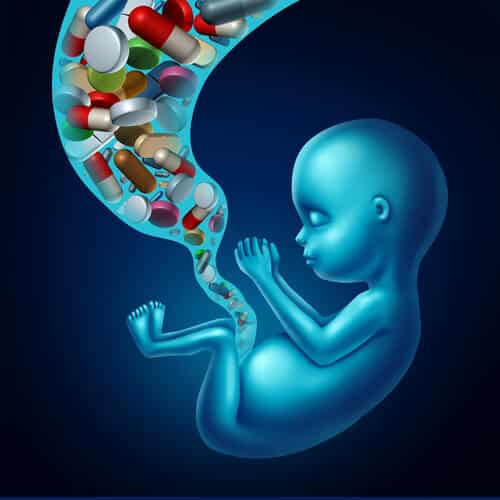Table of Contents
ToggleIs Your Physician Unknowingly Boosting Your Addiction?

Opioid and benzodiazepine abuse are a significant issue in the U.S. Some patients may be unaware of the fact that they are now addicted to either benzodiazepine or an opioid until they give it up and start feeling the effects of benzodiazepine withdrawal or opioid withdrawal; at this point, the need to detoxify becomes increasingly important.
Often, patients rush to seek the advice of their doctors or turn to urgent care centers and other facilities offering medical intervention. Although the health care patients receive there is medically sound, a considerable number of doctors are not too proficient at understanding controlled substances and are absolutely clueless about the fact that these medications are habit-forming.
Doctors and nurses treat a large number of patients on a daily basis and are invariably swamped with too much work. If a person comes with a complaint of acute pain, prescribing opioids is often the easier option.
Dr. Cidambi believes that many doctors lack the expertise to delve deep into and understand the cause or source of a patient’s anxiety or pain because a majority of these physicians and nurses are family practitioners who don’t always have the knowledge or expertise that a psychiatrist or pain specialist does. More than 50% of these medicines are prescribed by nurses or doctors who are primary care providers.
This begs the question: why do some doctors unknowingly prescribe medications for alcohol withdrawal or suboxone withdrawal and facilitate a patient’s addiction to controlled substances?
When to Prescribe Opioid or Benzodiazepine
- Pain: If a person is suffering from pain, one can prescribe opioid medicines only if the pain is acute. If the pain is due to an ankle that’s been sprained or because of muscular cramps during the menstruation cycle, one should steer clear of opioid medication. Patients should always ask their primary care providers regarding the risks associated with opioid medications; one should aim at striking a balance between the risks involved and benefits they can expect.
If a patient takes opioid medications for pain for a duration of more than 90 days, they should undergo a substance abuse evaluation to find out whether they are developing an addiction.
The best approach is to wean a patient away from these medications as fast as possible and prescribe pain medications that are non-addictive. One can also consider alternative methods of alleviating pain, like yoga, massage, meditation, or acupuncture.
- Anxiety: Often, patients suffering from anxiety are prescribed benzodiazepines but it should not be given for extended periods as part of any therapy plan.
Several patients who take benzodiazepines for diagnosed mental health disorders develop a reliance on these medicines. Once a patient successfully completes the acute phase of the treatment plan, they can be introduced to alternative treatment options that are just as effective in the long term.
- ADHD: Highly addictive medicines are commonly prescribed by doctors for patients with Attention Deficit Hyperactivity Disorder or ADHD. These medicines are also known as stimulants. Two common medications that are prescribed for patients suffering from ADHD are Ritalin and Adderall. Patients often misuse such medication.
If the medicines are used for a long duration and affect a loved one’s quality of life, it might be time to transition to other forms of therapy.
Patients who use such medicines are often not addicted to them in the beginning. Although there is an improvement in the symptoms of anxiety or acute pain, such patients may find it difficult to perform their daily activities normally or get through the day without them.

What Can Aid the Withdrawal?
If a patient decides to quit these medicines cold turkey, they might find it extremely difficult if they’ve developed a chemical dependence on it. Also, it might be counterintuitive to suddenly stop taking these medicines because it exposes them to the risk of having a stroke or a seizure.
Drug Rehab NJ
Get in touch with as soon as possible if you have any queries on prescription drugs and related chemical dependency or require advice and guidance on addiction.
Related Articles




